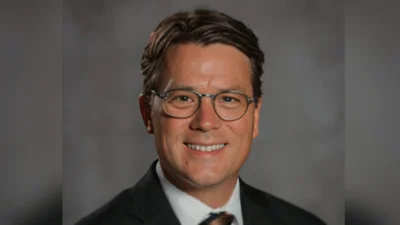Business | Unsplash by Tyler Franta
Business | Unsplash by Tyler Franta
Television shows like Ozark, the Queen of the South, Narcos and Breaking Bad exist to entertain us.
For many people in Central America and Mexico, these narratives of drug cartel culture are less than glamorous.
These forms of literature reflect unnerving realities of violence and crime, forcing many to migrate to the United States to escape the dangers they face. Some never make it.
Dr. Judith Martínez, assistant professor of world languages and cultures at Missouri State University, is determined to make the reality of forced migration visible.
“Everybody talks about how beautiful Mexico is … but why are people coming over in caravans every day?” she said. “Why are people willing to risk their lives completely to cross into situations that are unbearable just so they can survive?”
Martínez’s current research is focused on neoliberal violence that started in Central America and Mexico in the 1990s. Her ultimate goal is to change reality and seek justice and dignity for all.
Using literature to teach reality
One step toward her goal is educating others about the dangers of forced migration. Martínez shares stories and books about migration with her students to educate them.
She explains that literature exposes people to realities no one talks about.
“These books and cultural texts are windows to seeing a different side of the story,” she said. “They’re going to hopefully make you want to move to action.”
Ryan Mitchem, a Spanish and psychology student, took Martínez’s Latin American Literature class.
“We talked a lot about forced migration,” Mitchem said. “Martínez really emphasized how immigration [from Mexico and Central America] isn’t a slight decision. A lot of times it’s a life-or-death situation.”
Martínez also encourages her students to have a global view when making decisions or dealing with other people, according to Mitchem.
Students learn not to contribute to these social problems with stereotypical or negative thinking, but instead to approach them by taking other perspectives into account.
Original source can be found here.


 Alerts Sign-up
Alerts Sign-up